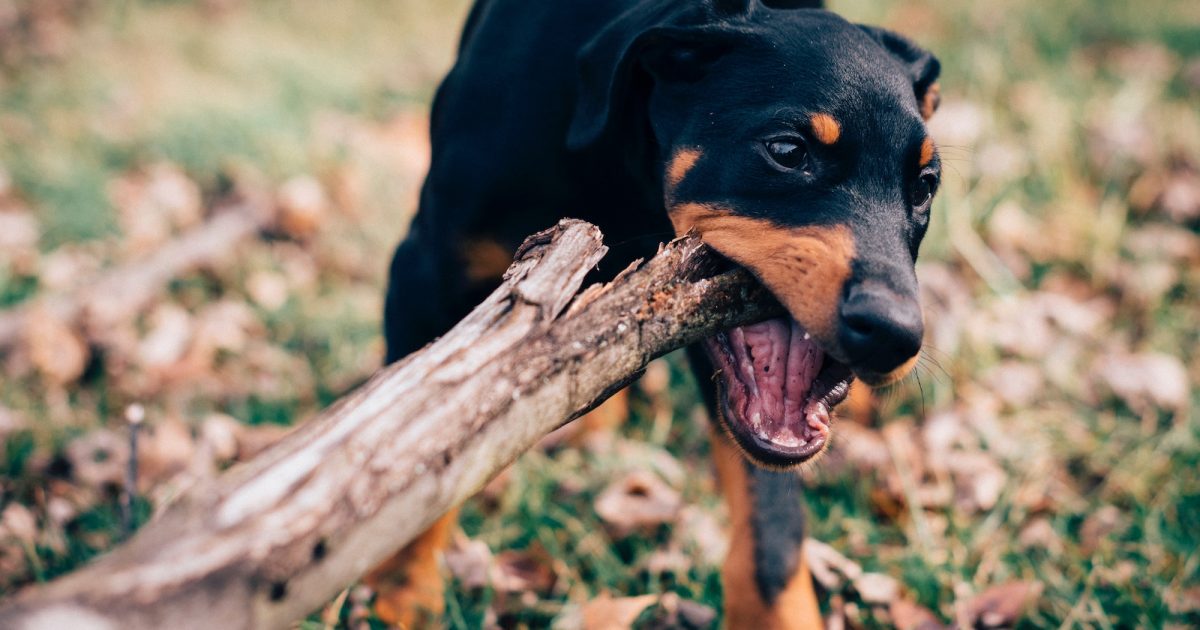Puppies need a nutritious diet in order to help them grow and develop. To be a responsible dog parent, it’s important for you to know what kinds of food you should be feeding your puppy and which foods to avoid. Knowing how much to feed your puppy is also an essential part of ensuring proper nutrition.
Finding the Best Food for Your Puppy
What kinds of food should you be giving your puppy? Though you can feed your puppy with store-bought kibble, it’s important to give them puppy-specific food that would give them all the nutritional requirements to grow into adulthood. Keep the following in mind while deciding which foods to give your puppy.
Commercial Puppy Food
Your puppy has certain nutritional needs that adult dogs don’t have. It’s important to remember that puppies need twice the daily nutritional requirements of an adult dog. Feeding puppies kibble that is meant for adult dogs could mean that they are not getting the right amount of nutrients they need for energy and healthy development. Puppy food also usually contains 30 percent protein, vitamins, minerals and a high fat content to provide them with the energy they need to be active puppies. This is also why puppy food is often not recommended for adult dogs. Look for a high-quality puppy food that does not contain a lot of fillers or preservatives and other artificial ingredients.
People Food
Is it ok to give your puppy some people food? While you should talk to your vet before making changes to your puppy’s diet, some types of foods that people normally eat are generally considered safe for dogs.
Raw Food
If you plan on feeding your puppy any raw meats, always check with your veterinarian first. This helps ensure that this kind of food is safe for your puppy based on its specific nutritional needs, age, and whether or not there are any medical concerns or health issues that need to be considered. Some dog breeds take to raw meat better than other breeds. And it is always important to keep in mind that younger puppies should not be fed a raw diet due to their weaker immune systems.
If you’re thinking about preparing raw meat for an older puppy, look for high quality human-grade meat, since this tends to not be filled with harmful preservatives. Also, be wary of handling raw meat as it can put you and your pet at risk of salmonella and other food-borne illnesses.
Getting Your Puppy the Right Amount of Dog Food
How much food should your puppy be eating? The amount of food you give can have an effect on how healthy your puppy is. Feeding too little could affect your puppy’s development, while feeding too much can lead to obesity. Always follow the manufacturers feeding guidelines for the food that you are offering. Since the right amount of food depends on certain factors, such as how big your puppy is and your puppy’s age, you should check with your veterinarian. This can ensure that you are giving your puppy the right amount of food at every stage of their growth.
How often you feed your puppy depends on age and other factors. Puppies typically need to eat more often compared to adult dogs, since their bodies use up a lot of energy while they develop.
In general, puppies are fed four times a day initially and this gradually reduces to twice a day by the 4–6 months.
What You Should Not Be Giving Puppies
Which foods could be harmful to your puppy? Certain foods are toxic to dogs and should be avoided at all costs. Some of these foods can cause serious and even fatal reactions in dogs, even if only a small amount is consumed. You should avoid giving your puppy any of the following foods that are bad for dogs:
- Chocolate
- Almonds, pecans, macadamia nuts, and walnuts
- Raisins and grapes
- Onions and garlic
- Bones that are thin, such as fish or chicken bones, and bones that are cooked since they can splinter and lead to choking
- Peanut butter that contains xylitol
What To Do About Sickness
If your puppy becomes ill after eating, you should seek veterinary care right away if vomiting occurs for longer than 12 hours or if diarrhea occurs for longer than 24 hours. If your puppy shows any other symptoms or if you suspect that your puppy has eaten something harmful or toxic, you should see your veterinarian right away for prompt care. This can help prevent potentially dangerous health problems from occurring.
Are you curious to learn more about other useful tips to help you raise an active and healthy puppy? Subscribe to Knose today.



